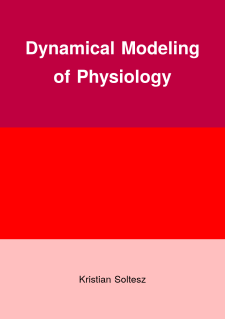Dynamical Modeling of Physiology
Synopsis
Human physiology is the study of how organisms, organ systems, and individual organs function under normal circumstances. As a consequence of its paramount importance to medicine, physiology has been studied since ancient times, but the models studied in this book follow the tradition of modern physiology pioneered by Claude Bernard in the mid 1800s.
The focus of the book lies on how dynamical mechanisms and phenomena in physiology can be understood and studied using mathematical modeling. Each chapter commences with the introduction of a well-established physiological model. Although these models are collected from seemingly disparate areas such as hemodynamics, pharmacology, and biomechanics, it quickly becomes apparent how theory and methods surrounding differential equations and dynamical systems constitutes a fabric that unites all the studied models.
Both nonlinear and linear models are treated. Simulation of dynamical models through numerical integration is presented, and for linear models it is shown how responses can be obtained both in the time and ``frequency'' (Laplace) domains.
The powerful concept of feedback is introduced, and the book serves as an excellent spring board for studying cyber-physical ``closed-loop'' systems in medicine.
The intended audience is primarily undergraduate biomedical engineering students.

Downloads
Published
Categories
License

This work is licensed under a Creative Commons Attribution-NonCommercial-NoDerivatives 4.0 International License.




